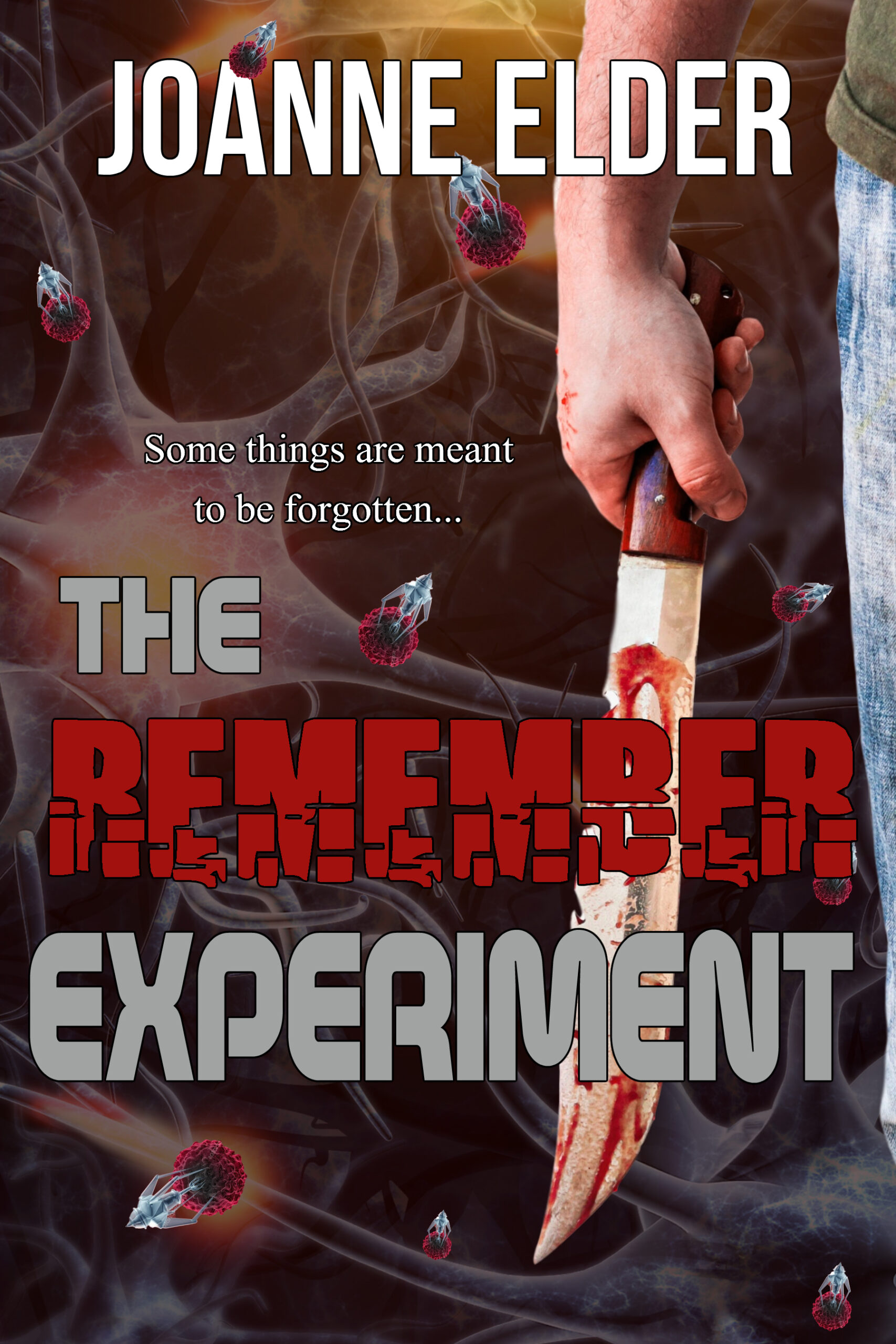Welcome to Science Fiction Thrillers
Welcome to Science Fiction Thrillers
Posted on August 22, 2011 by Joanne Elder
This site is devoted to a subgenre of Science Fiction: Science Fiction Thrillers. For those of us who love this genre, it’s particularly frustrating picking through Sci-Fi reviews looking for a great read that also falls into the thriller genre. Over time, it is my intention to ease that frustration by providing reviews and book trailers dedicated to this great sub-genre of science fiction.
I recently came across a great blog post by Amy Rogers detailing the differences between Science Fiction Thrillers and Science Thrillers. She was kind enough to let me share this with you. Her website, www.sciencethrillers.com is dedicated to book reviews of science and medical thrillers. If you are a fan of this genre, this site is definitely worth bookmarking.
What is a science thriller?
Posted on June 10, 2011 by Amy
In the past year I’ve posted over 50 reviews of books I deem to be “science thrillers.” I have declined to review some because I felt they were “science fiction.”
So what’s the difference?
To paraphrase a worn-out but still-apt quote from a Supreme Court Justice, the difference between science thrillers and science fiction/SF/SciFi is like pornography: hard to define, but (usually) I know it when I see it.
Here are my not-so-hard-and-fast rules describing the difference between a science thriller and a science fiction book. Tell me if you agree or disagree by posting a comment!
Science thrillers:
- Usually fiction (novels or short stories) but can also be nonfiction (e.g. The Hot Zone)
- Are set in the real world (or something recognizably similar to it)
- Plot occurs in the present, though historical fiction science thrillers do exist (e.g. Deadly). Historical books are usually set in “the present,” just from the perspective of an earlier time, with no significant rewriting of history.
- Science or medicine is important–nay, crucial–to the plot
- Technology alone does not make a science thriller (e.g. military technothrillers such as Tom Clancy’s The Hunt for Red October don’t qualify)
- Story must be plot-driven, page-turning, with some (or a lot of) action
- The science should be largely grounded in scientific reality. If a scientific plot element is technically impossible, it must be plausible to an average reader.
Science fiction:
- Always fiction
- May be set in any world, real or imagined, earth-bound or outer-space
- Plot events may occur at any time (past, present, or future); the future and indeterminate times (“a long time ago in a galaxy far, far away”) are popular in this genre. History can be rewritten at will.
- Science or technology may be important to the plot
- May be plot-driven and action-packed, or can be quite literary
- Scientific plot elements don’t have to be realistic. Time travel, warp speed, and mind-reading are all okay.
I think the final point of each list is the main distinction. Any novel must be believable; readers will suspend their disbelief only so far before they close the book and put it down. But what passes for “believable” depends on the reader’s expectation. In SF stories, the author is allowed to create entire worlds from their imagination. Those worlds have their own rules and the author is merely obliged to follow them, no matter how outrageous they are. (Note that in SF the rules don’t have to be “realistic”, but they must be internally consistent. If character X teleports out of a sticky situation in chapter 5, he shouldn’t be trapped by a similar sticky situation in chapter 7.)
Science thrillers, on the other hand, are constrained by reality. The rules of the world in the story are generally the same as the rules in the real world. Trouble is, reality is boring. The challenge for the science thriller writer, then, is to tweak reality–make it exciting–without straining the credulity of the reader too far.
Because of this, I think writers with a strong technical background are uniquely qualified to write good science thrillers. We know enough to lead the reader into scientific territory that is cutting-edge, but true. The reader, ever suspicious, learns to accept our authority when we introduce him to some technical wonder he hasn’t heard of before. Then, once we have earned his trust, we can start making things up.
In the best science thrillers, the parts that are made-up are discernible only to specialists in the field. (Michael Crichton was a master at this; see my mythbusting posts.) Everybody else buys it hook, line, and sinker. When you’re reading a book for fun, that’s precisely what you want. It’s a terrible feeling when some glaring absurdity or inconsistency in a story yanks you out of the pages and makes you realize it’s only a book after all.
What do you think?
